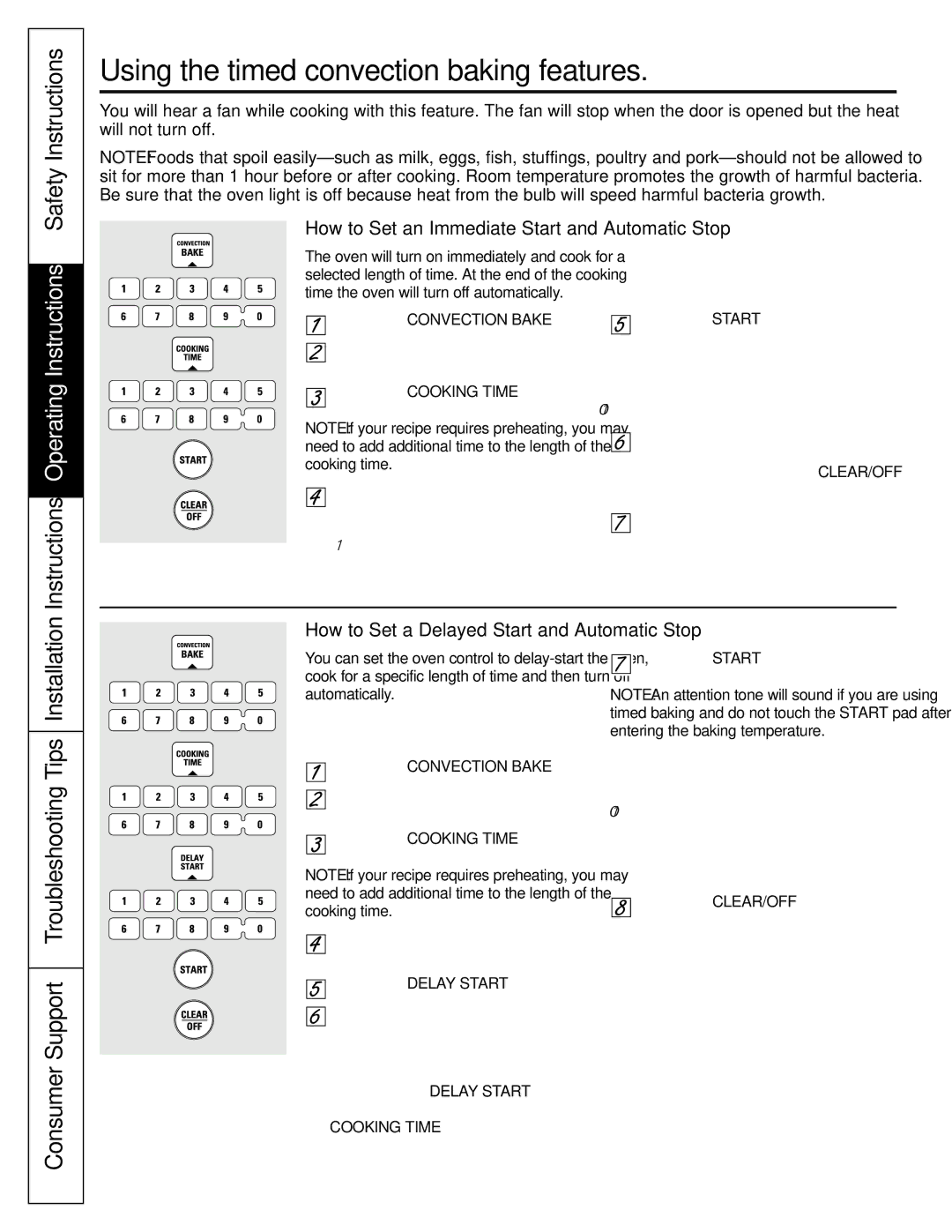J2B915 specifications
The GE J2B915 is an advanced gas turbine engine that represents a significant milestone in aerospace technology, primarily designed for use in regional and business aircraft. Engineered by General Electric, the J2B915 combines innovative design features with state-of-the-art technologies to provide high performance, reliability, and efficiency.At the heart of the J2B915 is its powerful core, which is designed to operate at high temperatures and pressures. This capability allows the engine to deliver substantial thrust while maintaining a relatively low fuel consumption rate. The engine achieves this efficiency through its advanced compressor and turbine design. The axial-flow compressor, known for its ability to compress air efficiently, contributes to the overall performance of the engine, while the high-pressure turbine extracts energy effectively to drive the compressor.
One of the standout features of the J2B915 is its noise reduction technology. In an era where environmental regulations are becoming increasingly stringent, the engine's design incorporates features aimed at minimizing noise footprint during operation. This is achieved through the use of advanced acoustic materials and innovative turbine blade designs, which work together to reduce noise levels while ensuring optimal performance.
Another key characteristic of the J2B915 is its modular design, which enhances maintainability and serviceability. This modularity allows for easier access to engine components, simplifying routine inspections and repairs. The design philosophy also translates to a reduction in downtime, which is critical for commercial operators seeking to maximize aircraft availability.
The GE J2B915 also boasts impressive durability and reliability. Engineered with advanced materials and coatings, it is capable of withstanding the rigors of continuous operation in various environments. The engine’s reliability is bolstered by GE’s rigorous testing protocols and quality assurance processes, ensuring that it meets the high standards expected by operators worldwide.
In terms of controls and monitoring, the J2B915 utilizes an advanced digital engine control system. This system monitors various performance parameters in real-time, allowing for precise management of engine functions and enhancing operational efficiency. The digital technology also supports predictive maintenance, alerting operators to potential issues before they escalate into more significant problems.
In conclusion, the GE J2B915 gas turbine engine embodies a blend of cutting-edge technologies, robust design, and a commitment to performance. Its high efficiency, low noise output, and reliable operation make it a preferred choice for regional and business aviation markets, cementing its reputation in the competitive landscape of aerospace propulsion systems.

